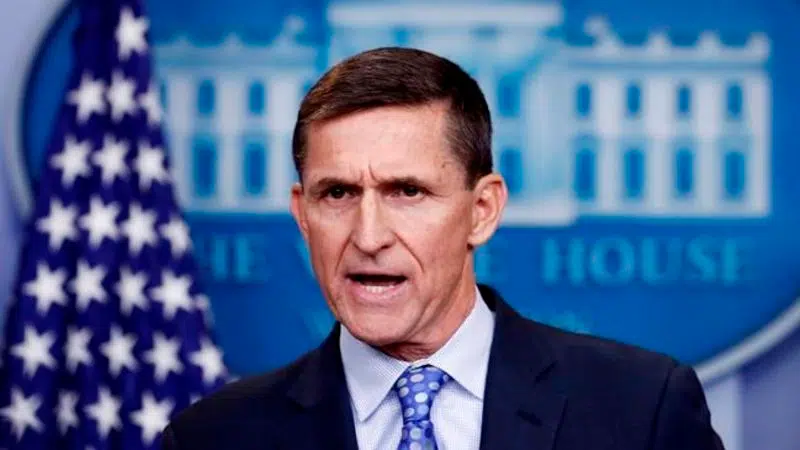
Flynn pushed to share nuclear tech with Saudis, report says
WASHINGTON — Senior White House officials pushed a project to share nuclear power technology with Saudi Arabia despite the objections of ethics and national security officials, according to a new congressional report citing whistleblowers within the Trump administration.
Lawmakers from both parties have expressed concerns that Saudi Arabia could develop nuclear weapons if the U.S. technology were transferred without proper safeguards.
The Democratic-led House oversight committee opened an investigation Tuesday into the claims by several unnamed whistleblowers who said they witnessed “abnormal acts” in the White House regarding the proposal to build dozens of nuclear reactors across the Middle Eastern kingdom.


